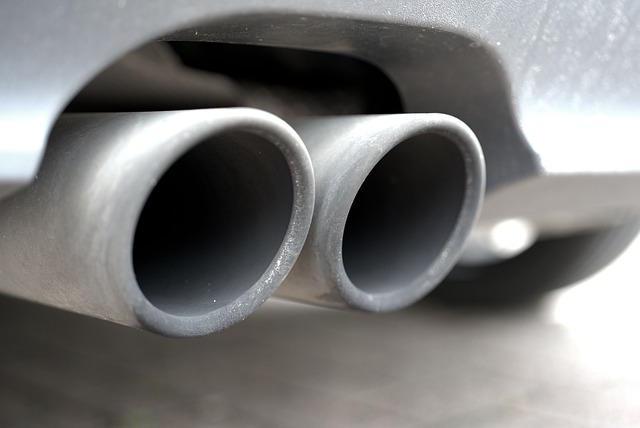
On 18 December, the European Commission published two regulations on the verification by national authorities of CO2 emissions from cars and vans in service: the 1st one outlining the guiding principles and criteria (Delegated Act), and the 2nd one detailing the more technical procedures for in-service verification tests (Implementing Act).
This "in-service verification" is a new procedure aimed at making sure that the official CO2 emission values, provided in the vehicles’ certificates of conformity issued by vehicle manufacturers, are indeed correct and accurate and that they correspond to actual emissions when vehicles are on the road.
Next steps
Beginning in 2024, each year, national type-approval authorities will test a sample of vehicles that are on the road in order to check that their real CO2 emissions correspond to official values. Authorities will also have to check that vehicles’ performance during type-approval tests has not been artificially modified.
National authorities will then publish their findings and report them to the Commission.
In cases of deviations, the Commission will recalculate the average specific CO2 emissions of the concerned manufacturers to check whether they are complying with their emission targets.
Background
Cars and vans ('light commercial vehicles') are respectively responsible for around 12% and 2.5% of total EU emissions of CO2.
Introduced in 2019 as part of the revision of the cars and vans CO2 standards Regulation, the verification of CO2 emissions for vehicles on the road comes as a result of the entry into force of that regulation and aims to enhance the reliability of laboratory-based emission testing.
This new procedure is one of the initiatives taken to address the concerns stemming from 'dieselgate' regarding the integrity of emissions testing. Other initiatives also include the introduction of
-
a new Worldwide harmonised Light vehicle Test Procedure (WLTP)
-
the requirement to equip new cars and vans with on-board fuel consumption monitoring devices as of 2021 and 2022
-
monitoring of real-world CO2 emissions of vehicles on the road by the European Commission (using the data read out from the on-board fuel consumption monitoring devices).
On 5 October 2023, the Commission adopted a Delegated Regulation outlining guiding principles and criteria for verifying CO2 emissions and fuel consumption values of passenger cars and vans in service. Following endorsement by the Climate Change Committee, the Commission also adopted the associated Implementing Regulation on 15 December, detailing procedures for in-service verification tests to be conducted by national type-approval authorities.
Now, following the entry into force of these two regulations, the first annual testing campaign for in-service verification will have to be executed in 2024.
Related webpage: CO₂ emission performance standards for cars and vans (europa.eu)
Details
- Publication date
- 19 December 2023
- Author
- Directorate-General for Climate Action
